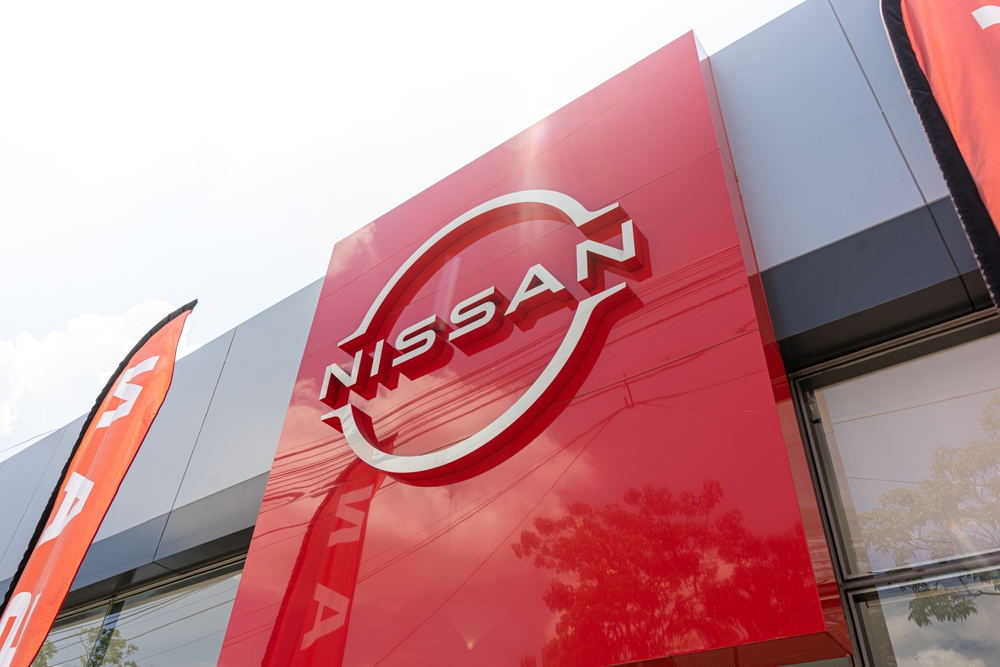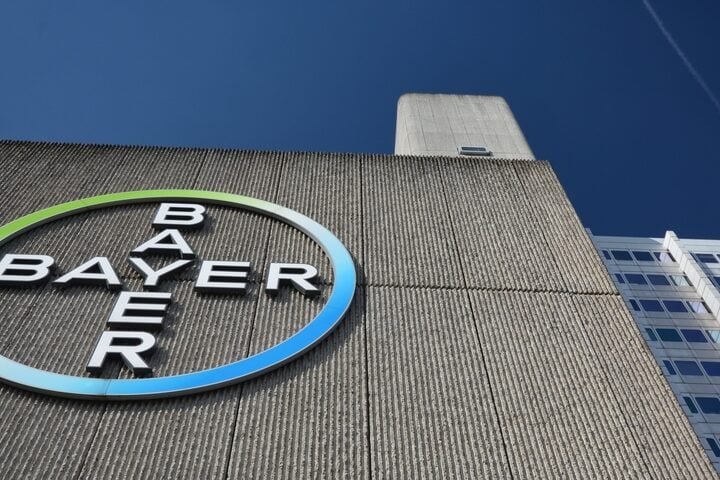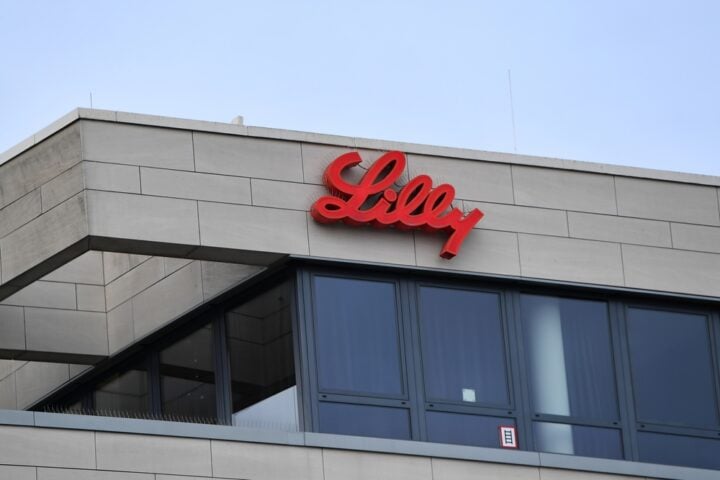In a move that could reshape the global automotive industry, Japanese carmakers Nissan Motor and Honda Motor are reportedly in talks to merge. The prospective tie-up, first reported by Nikkei, comes as both companies face mounting pressure to compete in an increasingly electrified auto market dominated by players like Tesla and China’s BYD.
The merger could create the world’s third-largest auto group by vehicle sales, combining Nissan, Honda, and Mitsubishi Motors—of which Nissan owns a 24% stake. This would place the alliance behind Toyota and Volkswagen in terms of global sales. While no official confirmation has been made, reports suggest that discussions could begin as early as next week.
What’s Driving the Merger Talks?
Nissan and Honda previously announced a strategic partnership in March to collaborate on key electric vehicle (EV) components. However, a full-scale merger would allow the companies to pool resources, cut costs, and tackle growing competition in the EV sector.
Peter Wells, professor of business and sustainability at Cardiff Business School, described the merger as a pivotal development. “There are so many warning signs around Nissan at the moment that something had to happen,” Wells said. He highlighted Nissan’s struggles with market share, product lineup, and its strained relationship with Renault.
For Honda, the motivation may be different. The company has been positioning itself as a leader in hybrid electric vehicles (HEVs) and motorcycles. Citi analyst Arifumi Yoshida noted, “Honda is well-positioned to take on rivals for the next 5-10 years, but this merger could reflect the broader transformation of the auto industry.”
Potential Benefits and Challenges
The merger could deliver significant benefits, including economies of scale and shared research and development (R&D) in EV technologies. However, analysts warn of several hurdles:
- Political and Regulatory Scrutiny: The Japanese government’s approval is likely required, particularly given the potential for job cuts and workforce restructuring.
- Nissan’s Alliance with Renault: Nissan’s complex capital relationship with Renault, which includes the French government, remains unresolved.
- Technology and Market Positioning: Both companies may need to accelerate EV development to compete with low-cost Chinese manufacturers and established leaders like Tesla.
JPMorgan’s Akira Kishimoto emphasized these barriers, saying, “Nissan needs to clarify its relationship with Renault, while Honda must address major investments in battery electric vehicles and battery production.”
Market Reaction to the News
The market’s reaction to the merger speculation has been mixed. Nissan shares soared nearly 24% on Wednesday, marking their best trading day in 40 years. However, Honda’s stock dipped more than 3% in New York, reflecting concerns about the merger’s impact on the company’s independent growth trajectory.
Competitive Pressures from China and Beyond
The merger talks come amid intensifying competition from Chinese automakers producing low-cost EVs and global tech giants like Apple supplier Foxconn, which has made significant investments in EVs.
Lucinda Guthrie, executive editor at Mergermarket, noted, “This tie-up is not entirely unexpected, given their earlier partnership. But whether it becomes a hardcore merger or a strategic alliance remains to be seen.”
Foxconn, which reportedly approached Nissan about taking a stake, has been aggressively expanding its EV ambitions. This external pressure underscores the need for Japanese automakers to consolidate their resources and rethink their strategies.
What’s Next for Nissan and Honda?
While the merger talks are still in their early stages, they signal a larger trend of consolidation in the auto industry as companies navigate the costly transition to electrification. Analysts agree that any deal would require careful planning to ensure synergy between the companies while avoiding significant disruptions.
For Nissan, the merger could be an opportunity to regain its footing in key markets like the U.S., where it has struggled to compete. For Honda, the challenge lies in maintaining its competitive edge while adapting to a rapidly changing industry landscape.
Conclusion: A Transformative Step or a Timely Partnership?
Whether the talks lead to a full-scale merger or a deeper strategic alliance, the potential Nissan-Honda deal reflects the broader challenges and opportunities of the EV revolution. As the global auto industry undergoes a seismic transformation, collaborations like these may become increasingly common, redefining how companies compete and innovate.







